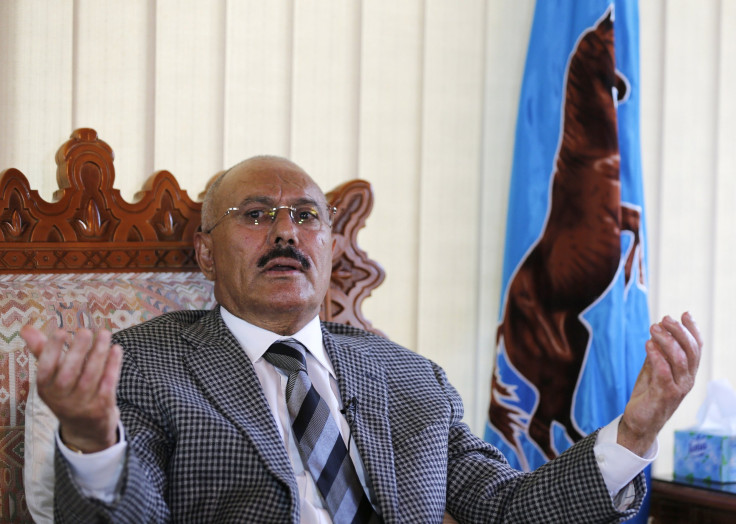Yemen's Ex-President Ali Abdullah Saleh Made Up To $60B Through Corruption, Extortion: UN

Yemen’s former president Ali Abdullah Saleh is believed to have amassed up to $60 billion through corrupt means during his 33-year-long reign, a panel of United Nations experts said on Wednesday. In a report submitted to the Security Council, the U.N. panel alleged that Saleh had stashed away his wealth in accounts spread across 20 countries, according to media reports.
“The origin of the funds used to generate Ali Abdullah Saleh's wealth is believed to be partly from his corrupt practices as president of Yemen, particularly relating to gas and oil contracts where he reportedly asked for money in exchange for granting companies exclusive rights to prospect for gas and oil in Yemen,” the U.N. panel reportedly said, adding that this had allowed Saleh to pocket nearly $2 billion every year for the three decades he was president of the country.
“Ali Abdullah Saleh, his friends, his family and his associates stole money from the fuel subsidy programme, which uses up to 10 percent of Yemen's gross domestic product, as well as other ventures involving abuse of power, extortion and embezzlement,” the panel said, according to media reports.
However, Saleh, who was removed from power in 2012 under a deal backed by the Gulf Cooperation Council, has, in the past, denied allegations of corruption leveled against him.
Following his ouster, the U.N. imposed economic sanctions on him and reportedly remarked that the recovery of the stolen funds could help Yemen solve some of its economic problems. Yemen is believed to be the Arab world’s poorest country, with more than half of Yemen’s 12.5 million population living in conditions of extreme poverty.
“Many have argued that the country’s spiraling debt and economic problems would be alleviated with a repatriation of these alleged stolen assets,” the U.N. panel reportedly said.
The report comes amid a rapidly worsening security situation in Yemen following the takeover of the capital city of Sanaa by Shia Houthi rebels. The panel also accused Saleh of “colluding with the Houthis” to overthrow his successor Abed Rabbo Mansour Hadi, who is currently in the southern port city of Aden after he escaped house arrest at the presidential palace in Sanaa.
© Copyright IBTimes 2024. All rights reserved.






















